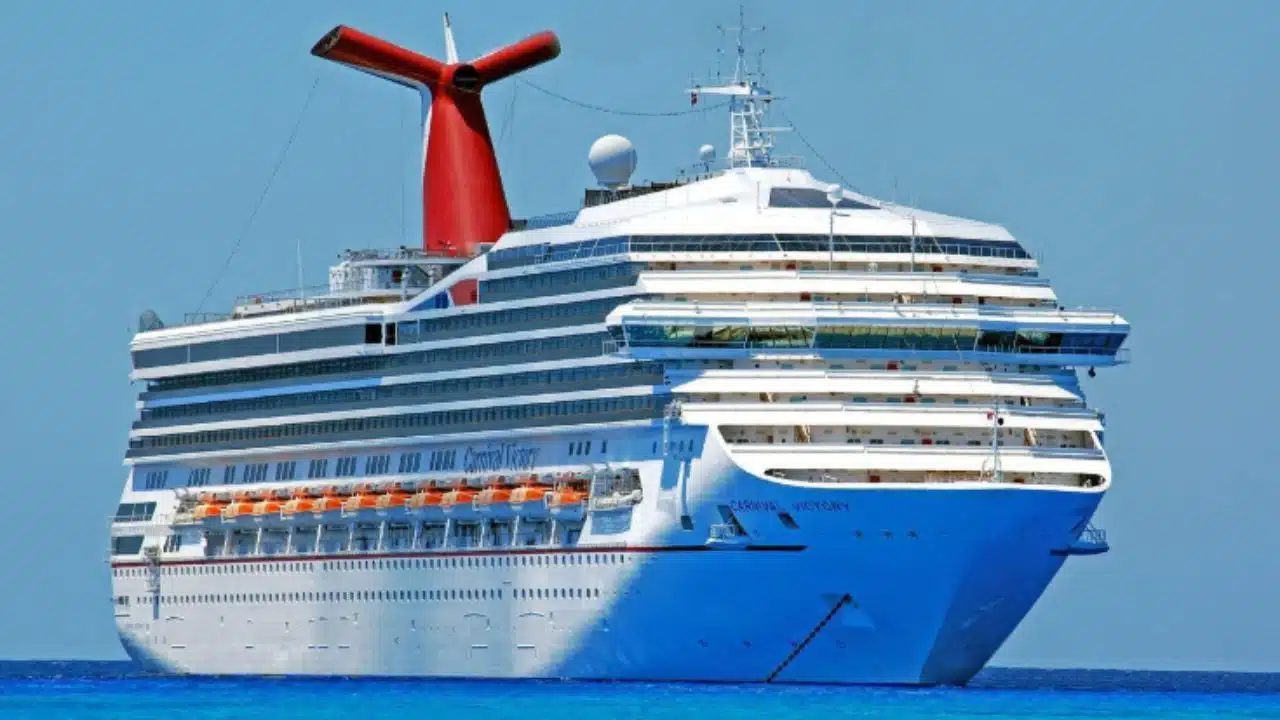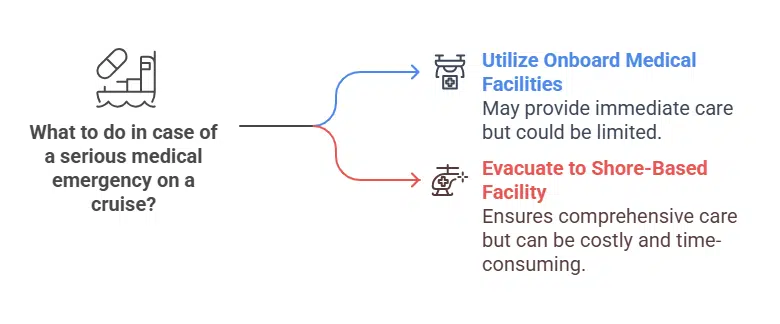Cruising is a popular vacation choice, offering a blend of relaxation, adventure, and the opportunity to explore multiple destinations. The AAA estimates that 19 million Americans will embark on cruises in 2025, a 4.5% increase over 2024, marking the third consecutive year of record cruise passenger volume. The U.S. is a major market for the cruise industry. However, before you set sail, it’s crucial to be aware of certain legal aspects that differ significantly from land-based vacations. Here are 12 things your maritime lawyer wants you to know:
1. Shortened Statute of Limitations
Unlike typical personal injury claims on land, which may have a statute of limitations of several years, cruise ship injuries often have a much shorter timeframe. Most cruise lines stipulate in their passenger contracts that you only have one year from the date of the incident to file a lawsuit. Some tickets may also require written notice of the injury within six months.
2. Passenger Ticket Contracts are Binding
That lengthy document you receive with your cruise ticket? It’s a legally binding contract. It outlines the terms and conditions of your voyage, including limitations on liability, dispute resolution procedures, and, as mentioned above, the statute of limitations.
3. Jurisdiction Clauses
Your cruise ticket likely specifies where any legal disputes must be filed. This is often the location of the cruise line’s headquarters, which may be far from your home. This can add complexity and expense to pursuing a claim with the help of a Houston maritime attorney.
4. Maritime Law Applies
Incidents that occur at sea are generally governed by maritime law (also known as admiralty law), a complex body of law distinct from the laws governing land-based incidents. This can affect everything from liability standards to the types of damages you can recover.
5. Proving Negligence
To successfully pursue a claim against a cruise line, you’ll need to prove that the cruise line was negligent and that their negligence directly caused your injury. This can be challenging, as it requires demonstrating that the cruise line knew or should have known about a dangerous condition and failed to take reasonable steps to prevent it.
6. Limited Medical Care
While cruise ships have medical facilities, they are not equivalent to hospitals on land. The level of care available may be limited, and serious medical emergencies often require evacuation to a shore-based facility, which can be costly and time-consuming.
7. Environmental Regulations (and Violations)
Cruise ships are subject to U.S. environmental laws, such as the Clean Water Act, designed to protect marine ecosystems. However, violations do occur.
8. Crew-to-Passenger Ratio Matters
The average crew-to-passenger ratio on cruise ships is about 1:3. For example, Royal Caribbean’s Oasis of the Seas has a crew of 2,395 for its 5,400-customer capacity. This ratio can impact the level of service, attention to detail, and even safety onboard. A lower ratio may indicate potential staffing shortages.
9. Security Concerns
While cruise lines have security measures in place, crimes can and do occur on cruise ships. Be aware of your surroundings, take precautions to protect your belongings, and report any suspicious activity to ship personnel.
10. Excursion Risks
Shore excursions, while often enjoyable, can carry their own risks. The cruise line may not be liable for injuries sustained during excursions operated by independent contractors.
11. Over-Service of Alcohol
Cruise ships often promote an atmosphere of relaxation and indulgence, and alcohol is readily available. Over-service of alcohol can contribute to accidents and injuries, both for the intoxicated individual and for others.
12. Document Everything
If an incident occurs, document everything you can. Take photos and videos of the scene, gather contact information from witnesses, and keep copies of all medical records and reports.
If you are injured or experience any other legal issue during your cruise, consult with a qualified maritime lawyer as soon as possible to discuss your options.






































